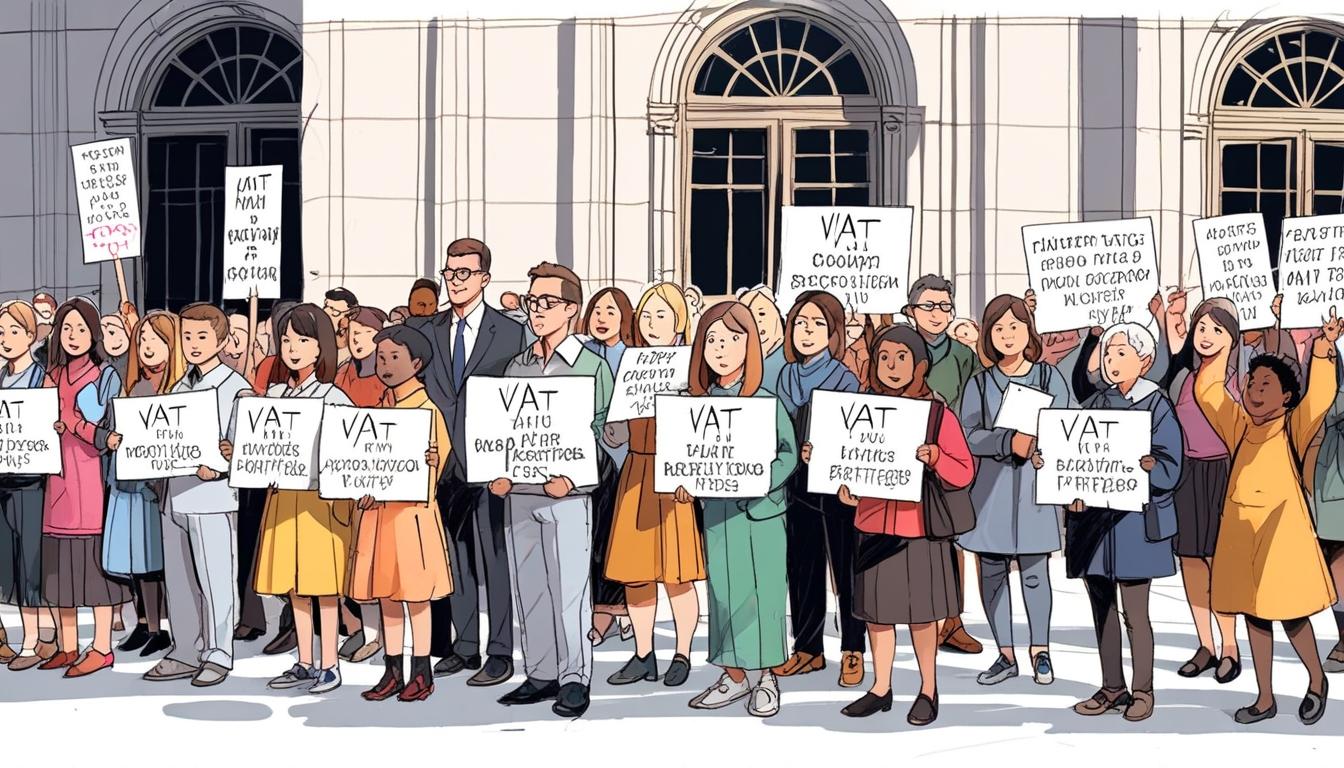UK ministers are facing scrutiny over their decision to implement a 20% Value Added Tax (VAT) on private school fees from January 1, 2025, following warnings from civil servants indicating that this timeline could be "the most disruptive" for pupils. Internal Treasury documents unveiled as part of a High Court legal challenge against the government's policy shed light on the deliberations leading up to this decision and the significant implications it may carry.
The correspondence, which emerged after court filings, outlines discussions among Treasury officials about various start dates for the VAT. Chancellor Rachel Reeves was presented with options that included implementation in January 2025 or delaying it to August 2025. A briefing note dated July 6 advised that commencing the tax from August 2025 would allow schools and families more time to prepare, ultimately making it "less disruptive for schools and parents" by synchronising with the academic year.
However, the government opted for the January start date, with Treasury lawyers highlighting the central aim of "raising revenue" as a key factor in their decision. They argued that accelerating the tax implementation would result in an additional £900 million in revenue, as indicated in submissions provided to the High Court. Sir James Eadie KC, representing the government, asserted that this decision was not "unfair or unreasonable," citing its alignment with Labour's manifesto.
The documents revealed that officials estimated that approximately 54,000 pupils would transition to the state sector as a direct result of the VAT, many within two years of its introduction. The analysis also predicted that roughly 100 private schools might close as financial pressures intensified, particularly on smaller institutions. Commenting on the potential fallout, one official described the financial burden created by the tax on independent schools as "unaffordable."
Further complications arise from a pre-emptive move to restrict parents from paying for future school fees to avoid the tax's retroactive effect. Officials indicated this could lead to legal disputes between schools and parents regarding who bears an unexpected VAT liability. There was also concern about the demand for state school placements outstripping supply in certain local authority areas, especially concerning popular year groups such as sixth forms.
A diverse coalition of families, including those with children with special educational needs (SEND), are challenging the government's VAT policy in court. The claimants argue that the tax infringes on children's right to education as stipulated under the European Convention of Human Rights and is discriminatory towards specific groups, including those seeking religious education or safe educational environments.
The legal proceedings have attracted considerable public attention, with families protesting outside the High Court, emphasising the high stakes and potential societal ramifications of the government's tax policy. As the case continues to unfold, the government has refrained from commenting on the ongoing litigation.
Source: Noah Wire Services
